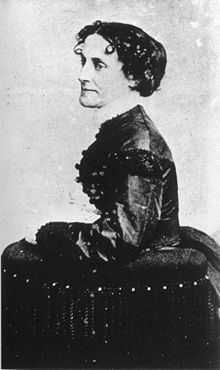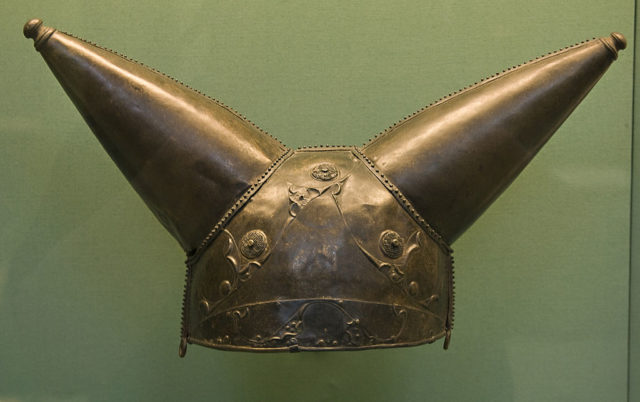During
the Civil War, while the Union and Confederate officers were busy
fighting a war, the women from both sides began gathering crucial
information about the enemy and served as a undercover agents. Over the
course of the war, both sides began recruiting women as operatives to
provide them with critical information on their enemy’s military
strategy.
One of the most renowned Union spys was Elizabeth Van Lew.
Elizabeth Van Lew was born on October 25, 1818, in Richmond, Virginia to John Van Lew and Eliza Baker, whose father was Hilary Baker, mayor of Philadelphia from 1796 to 1798. Elizabeth’s father came to Richmond in 1806 at the age of 16 and, within twenty years, had built up a prosperous hardware business and owned several slaves.

Her family sent Elizabeth to Philadelphia for her education at a Quaker school, which reinformed her abolitionist sentiments. When her father died in 1843, Elizabeth’s brother John Newton Van Lew took over the business and the family freed their nine slaves, despite John’s misgivings. Many of the emancipated slaves continued as paid servants with the family, including the young future Union spy Mary Bowser. In the depths of the 1837-44 depression, Elizabeth used her entire cash inheritance of $10,000 (nearly $200,000 in current money) to purchase and free some of their former slaves’ relatives. For years thereafter, Elizabeth’s brother was a regular visitor to Richmond’s slave market, where, when a family was about to be split up, he would purchase them all, bring them home, and issue papers of manumission.
One of the most renowned Union spys was Elizabeth Van Lew.
Elizabeth Van Lew was born on October 25, 1818, in Richmond, Virginia to John Van Lew and Eliza Baker, whose father was Hilary Baker, mayor of Philadelphia from 1796 to 1798. Elizabeth’s father came to Richmond in 1806 at the age of 16 and, within twenty years, had built up a prosperous hardware business and owned several slaves.

Her family sent Elizabeth to Philadelphia for her education at a Quaker school, which reinformed her abolitionist sentiments. When her father died in 1843, Elizabeth’s brother John Newton Van Lew took over the business and the family freed their nine slaves, despite John’s misgivings. Many of the emancipated slaves continued as paid servants with the family, including the young future Union spy Mary Bowser. In the depths of the 1837-44 depression, Elizabeth used her entire cash inheritance of $10,000 (nearly $200,000 in current money) to purchase and free some of their former slaves’ relatives. For years thereafter, Elizabeth’s brother was a regular visitor to Richmond’s slave market, where, when a family was about to be split up, he would purchase them all, bring them home, and issue papers of manumission.


